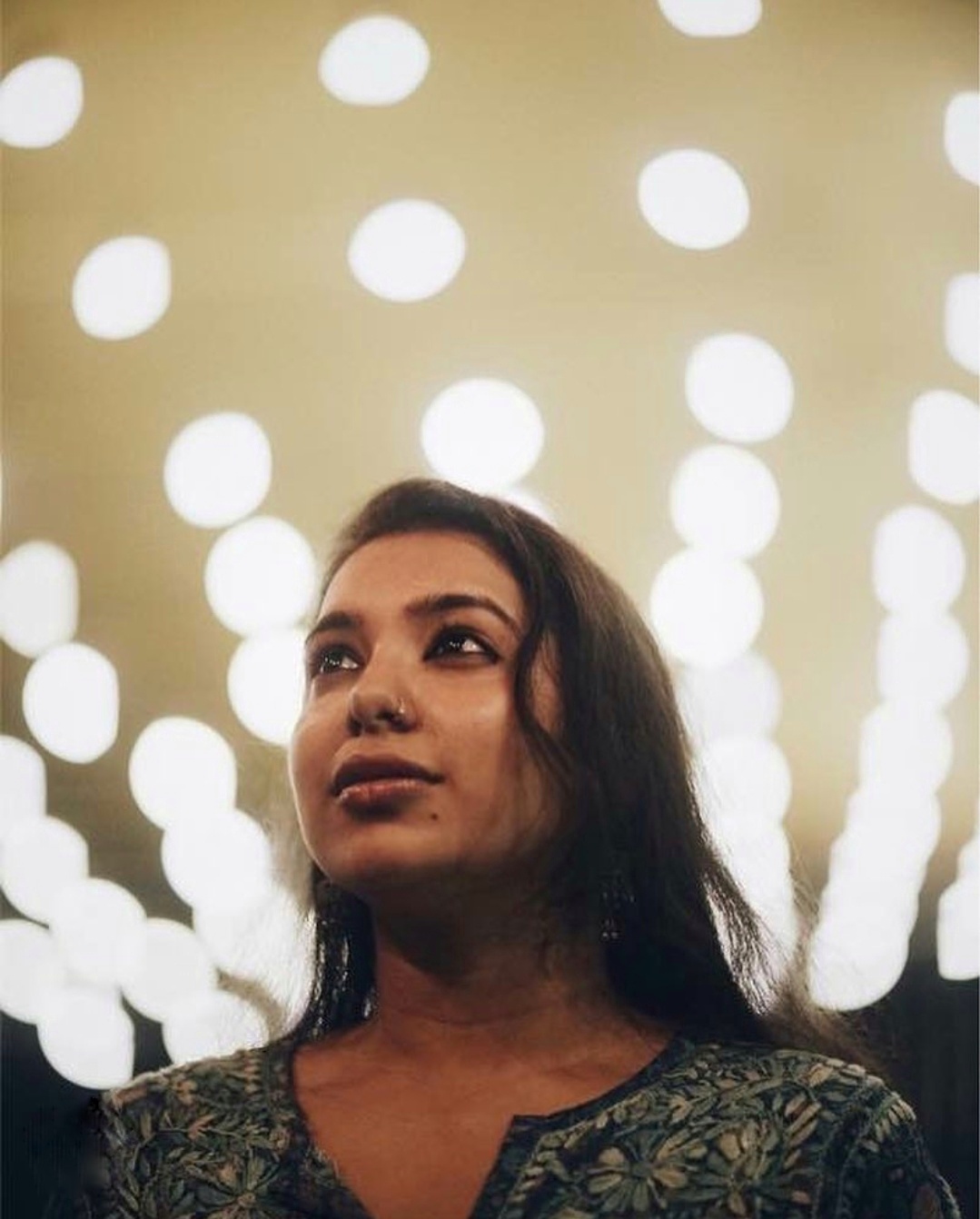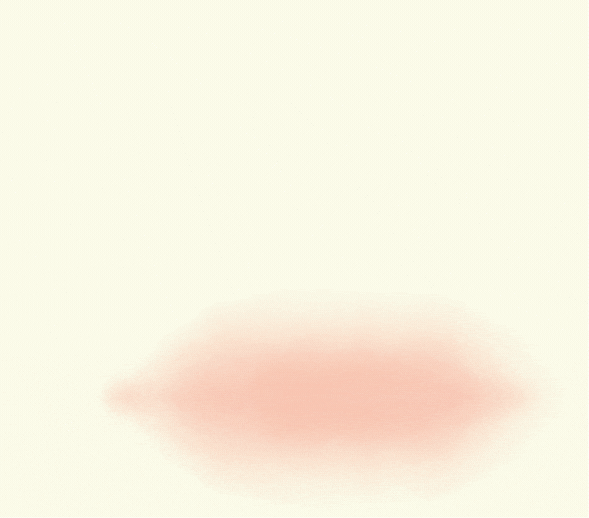While we are NOT a crisis counseling space or offer any emergency support at the moment, we can offer the following SOS support helplines -
- iCall (TISS) - 022-25521111 (Mon-Sat: 8 am to 10 pm)
- Vandrevala Foundation for Mental Health: 9999666555
- Aasra (24 x 7) - 9820466726
- The Samaritans - Mon to Sat (5pm - 8pm) - 8422984528 / 8422984529 / 8422984530
- More SOS Support Helplines
According to the International Expressive Arts Therapy Association (IEATA), it is a multimodal approach that integrates visual arts, movement, drama, music, writing, and other creative processes in psychology, organizational development, community arts, and education. It is geared towards fostering deep personal growth, community development, and gaining access to inner resources for healing, clarity, and creativity.
For anyone curious to explore mental health and well-being via creativity, play and imagination. This works across ages and abilities and may be used in a wide variety of settings such as educational institutions, medical and treatment centers, workspaces, etc.The combined and purposeful use of multiple arts based approaches like movement, sound, enactment, image, narrative, and/or play for health and well being is known as Expressive Arts Therapy (or Expressive Arts).
Expressive Arts Therapy follows a 'come as you are' approach, i.e. no prior experience with the art forms is needed. The therapeutic process is given emphasis and moves at a pace you trust, focusing on addressing core needs, building resources, and rehearsing supportive actions in the present moment.
A typical session, whether individual or group-based, can follow the pattern of four phases:
- Check-in: Understanding where your mind and body are as you arrive.
- Warm-up: Just as the body needs to warm up before physical activity, it needs preparation for the therapeutic process too.
- Action: Delving into the session’s theme through metaphors, movement, art, embodiment, storytelling, or other forms of play, based on the client’s needs and the MHP’s approach.
- Closure: Creating the necessary distance to close the session and help transition back to daily life.
Yes, verbal processing accompanying the arts may or may not be an essential part of the session based on the need, intention and capacity of the client.
Yes, it helps irrespective of the presence of a diagnosis. If you/ your child has a diagnosis (ASD, ADHD, learning disabilities, Depression, OCD, Bipolar, Personality disorders, Anxiety, PTSD) it informs how we support their prognosis. In case you/ your child is undiagnosed, we assess and co-create goals to support together.
Mental Healthcare is not a ‘one-size-fits-all’ approach and the effectiveness of any therapeutic intervention depends on various factors, including the rigor and training of the MHP, the client’s intentions, the connection between them or connection to the therapeutic approach itself. Further, the therapeutic alliance is a co-created space by MHP and client alike and it’s necessary to find an MHP that you align with. As in any relationship, it takes patience, trial and error to build trust, even with the right one. The key is to trust your gut, be transparent with your MHP and honor resistance and resilience as equal parts of this journey. At YAASS we strive towards ensuring that you receive the support in the manner you need. Please write to us at info@yaass.in or Leave us a note and we will try our best to support you in any way we can.
While we are NOT a crisis counseling space or offer any emergency support at the moment, we can offer the following SOS support helplines -
- iCall (TISS) - 022-25521111 (Mon-Sat: 8 am to 10 pm)
- Vandrevala Foundation for Mental Health: 9999666555
- Aasra (24 x 7) - 9820466726
- The Samaritans - Mon to Sat (5pm - 8pm) - 8422984528 / 8422984529 / 8422984530
- More SOS Support Helplines
You can begin by filling out our short questionnaire—we can assign you an Mental Health Professional (MHP), or you can explore our team of MHPs and choose the professional you’d like to work with. You can also reach out to us at info@yaass.in to clarify any questions you have or support you need with the process, and our administration team will reach out to you.
You can expect a response from our administration team within 24-48 working hours of submitting your response. Our admin team will reach out to you on the WhatsApp number/ email address provided by you, to confirm the details such as budget, time duration and other mentioned responses before assigning an MHP to you.
If you have requested a 15-minute intake call in the questionnaire, your assigned MHP will reach out via text or WhatsApp on the number you provided. This brief call is meant to help you get acquainted, ask questions, and gain clarity about the therapy process before your first session.
If you haven’t opted for the intake call, you can go ahead and book your session directly through the web app with your MHP.
You can write to us on info@yaass.in (or the number provided of our administration team) informing us that you wish to be assigned to another professional. Do include the reason for change as it would help us understand your needs better and match you with an MHP accordingly. You will be assigned to another professional within the next 24-48 working hours. Please know that you can repeat this as many times as you need till you find the professional you are most comfortable with.
You will have three options to choose from:
-Online- All our MHPs are available online.
-Offline- Currently available in Mumbai & Delhi-Hybrid
- You can access online and offline support as per need and availability.


.svg)















.svg)
.svg)
.svg)


.svg)

























